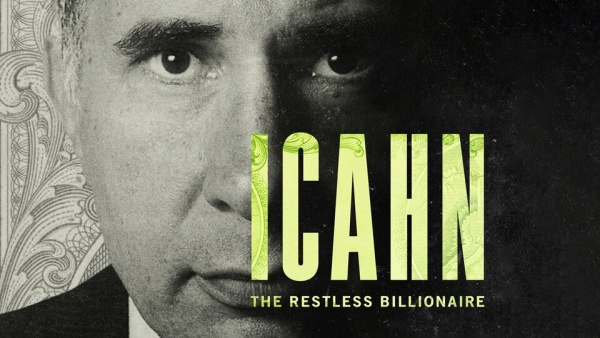Imagine you’re shopping for a new pair of running shoes. You visit a popular independent research and testing site, which recommends a specific sneaker. However, this exact shoe averages only a 2.5-star rating among Amazon customers. Whose word do you take: the expert or the users?
Most consumers choose the users, according to Richard Essig, whose doctoral study on the topic, conducted at Virginia Tech, recently appeared in the Journal of Business Research. Essig spoke with b. about why professional critics seem to have lost to the crowds.
b.: Your research found that consumers will rely on users, as opposed to experts, across product categories. Did you find this surprising?
Essig: Yes, and frankly, quite alarming. While most consumers don’t know who these users are or whether the users are actually like them, they tend to assume they are more similar to a user than an expert. People tend to ignore experts, not like experts, or feel that experts don’t think and experience things the way that most people do.
b.: Are consumers leaving themselves vulnerable to fake or inflated reviews?
Essig: Though some of the big platforms have technologies to credentialize user reviews — which are probably not perfect — blindly accepting the opinion of people who you feel are like you could compromise the quality of your decision-making and ultimately whatever you are trying to achieve.
We should pause and reflect on whether user reviewers are actually more like us and whether their opinions are valid in the context of our life. Personally, I tend to prefer the reviews of experts because I know there’s a rigor to their approach and evaluation.
b.: Do expert reviews still have places in the grand scheme of marketing efforts?
Essig: One hundred percent. For starters, there are plenty of times when viewpoints converge. On Rotten Tomatoes, for example, plenty of movies are highly rated by users and critics — in which case, deciding which movie to watch is easy.
About 25% of the participants across all my studies still preferred an expert opinion, so to dismiss the expert rating altogether would be a missed opportunity, especially for products with technical, non-experiential attributes, like safety and construction quality. Car seats and products in the health care domain are examples.
b.: If you manufactured consumer products, how would your research influence your marketing efforts?
Essig: I would think through whom I want my product to serve. I would create campaigns that can promote the voice of peers — the individuals who I felt are my target audience and are champions of my brand and product. If I find an ambassador and profile them, it’s like I have one person spreading the word to five people similar to them.





.png)

